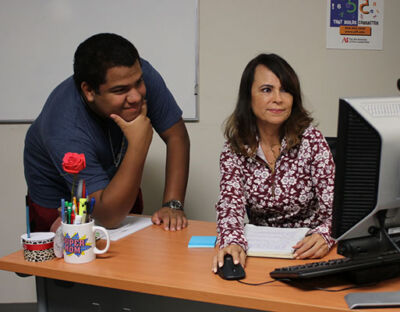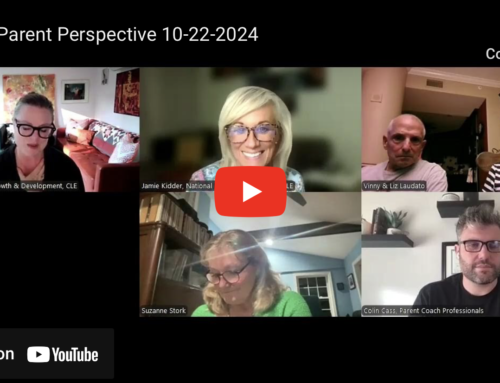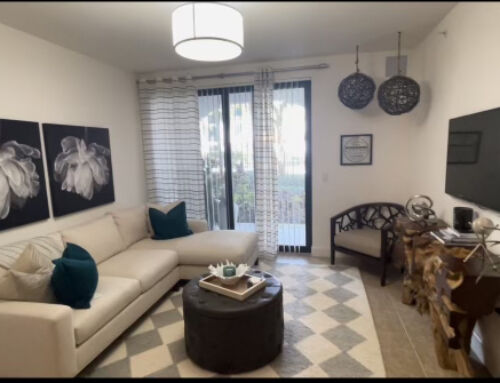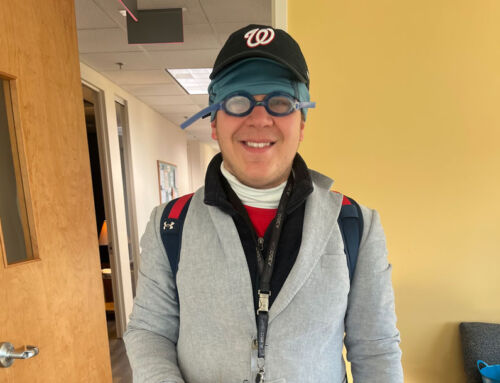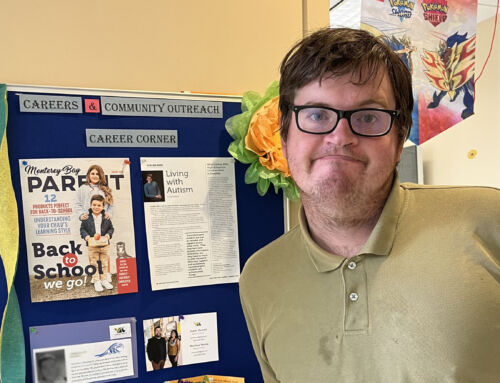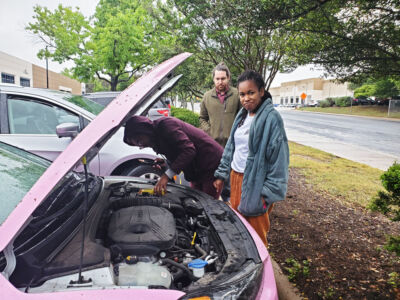
Our data shows that one-third of CLE students previously attempted college on their own and recognized the need for additional support after a challenging year in higher education. This is in line with the reports and studies that support the notion that neurodivergent students preparing for higher education face unique challenges compared to their neurotypical peers.
According to one study, students on the autism spectrum need specific interventions and supports regarding academic, independent living, social, vocational and counseling needs in order to be successful in college and beyond. Additionally, a National Autism Indicators Report from Drexel University shows that only 34% of young adults with autism attend college, and among those who do, the completion rates are significantly lower.
So, what are some of the hurdles that contribute to the initial difficulties neurodivergent students face in college?
- Adjusting to the Campus Climate
The unique campus climate of higher education can present significant challenges for neurodivergent students because it encompasses various aspects, such as navigating academic expectations, social interactions and independent living. This adjustment period can be overwhelming and frequently requires additional support. - Developing Self-Advocacy and Communication Skills
Many neurodivergent students lack the necessary skills to effectively advocate for themselves and communicate with professors. They may struggle to express their needs, request accommodations or seek help when faced with academic or social challenges. - Managing Time and Organization
College life introduces a newfound level of freedom and responsibility. Neurodivergent students, like students of all backgrounds, may struggle with managing their time, organizing assignments and staying on top of long-term projects. This can lead to missed deadlines, increased stress and decreased academic performance. - Navigating Social Interactions
The college environment is filled with new and unfamiliar social settings, which can be daunting for neurodivergent students. Establishing connections and finding supportive peer networks may be difficult without guidance and strategies for social engagement.
By understanding these hurdles and implementing strategies to overcome them, neurodivergent students can increase their chances for success and thrive in the higher education environment.
And, as parents work with their children to figure out where their post-secondary educational journey will take them, it is important to consider the following:
Campus Resources and Support Services
When exploring higher learning options, it’s important to become familiar with the support services available on campus. These may include disability services offices, academic tutoring, counseling centers, social clubs and organizations catering to the needs of neurodivergent students.
Building a Support Network
Building a support network, both within the college community and beyond, is a crucial component for a student’s success. This can involve connecting with faculty mentors, joining support groups, seeking out campus organizations related to their interests and maintaining communication with family and friends.

Utilizing Technology and Study Tools
Assistive technology and study tools can be invaluable resources for neurodivergent students. Students should be encouraged to explore options such as digital calendars, task management apps, note-taking software and text-to-speech tools that can enhance their organization, productivity, and learning experience. CLE staff assist students with learning how to access these tools.
It can be challenging for families to have updates on how their young adult is doing away from home. Often communication is hard to come by and there is a shift from being able to access information from their high school. This is why CLE partners with Bestnotes, a student management system, to help ensure efficient and secure management of student records, progress tracking and communication between the CLE team and our students’ families. It also enables us to provide seamless and effective support to our students.
The journey to a successful and fulling experience in higher education can be challenging for neurodivergent young adults. In the U.S., 1 in 5 children have learning and thinking differences like dyslexia and ADHD. But, with the right strategies and support, they can overcome challenges and gain the academic knowledge they need to earn a degree or certificate at the collegiate level.
At CLE, we provide the type of personal assistance and support that goes far beyond what traditional college programs provide. From proctored study halls to self-advocacy coaching, we build programs tailored to the specific needs of each student. Don’t hesitate to contact us if you want to learn more about our wide array of academic supports.

